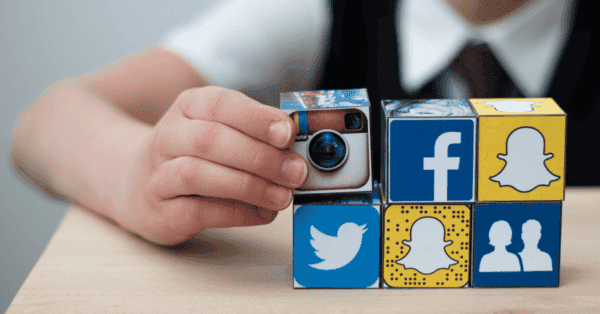In a mobile age, children can’t be completely protected, even by the best privacy controls; another child may use different settings. So it’s important to keep talking to your child about the implications of social media. Getting a sense of what they think is a useful place to start; you may be surprised by how much thought they may have given to the issues.
Encourage your child to think carefully about the way they, and others behave online, and how they might deal with difficult situations.
People may not always be who they say they are online: how can this create problems?
Why is it unwise to meet anyone in the real world that you’ve only ever met online?
Even if you think your messages are private, remember that words and images can always be captured and broadcast.
People present themselves differently online – do they really look like that? Are they always having that good a time?
Be aware that screens, and especially being anonymous, can lead people to say things they wouldn’t say to someone’s face.
What does being a good friend and a likable person online look like?
There can be pressure to be part of a particular group online or to be seen to be following a certain set of ideas. How can you take a step back and make your own decisions?


